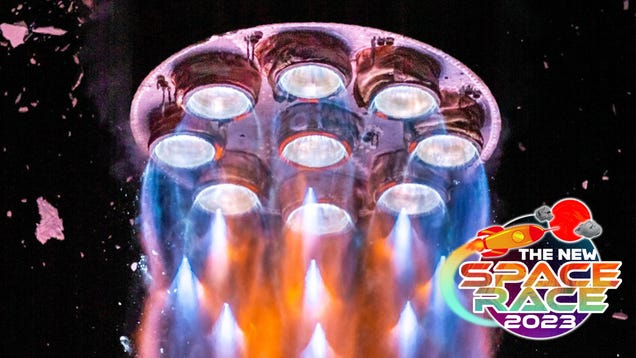
While traditional giants like Northrop Grumman and United Launch Alliance continue to contribute to space exploration with decades of experience, a new wave of ambitious and pioneering companies is rising.

While traditional giants like Northrop Grumman and United Launch Alliance continue to contribute to space exploration with decades of experience, a new wave of ambitious and pioneering companies is rising.
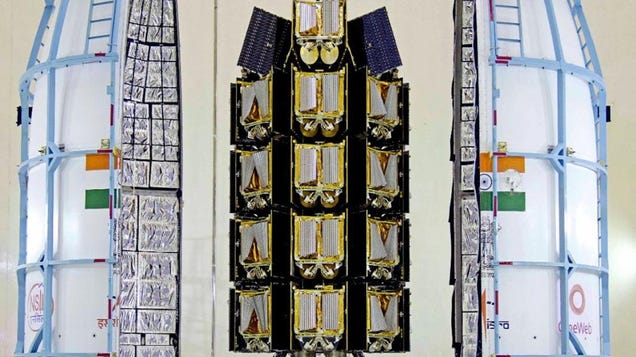
British satellite company OneWeb is counting its losses, and not its satellites. Following a fallout with the Russian space agency that led to 36 of its satellites being held captive in Kazakhstan, a company official said that they have “moved on.”
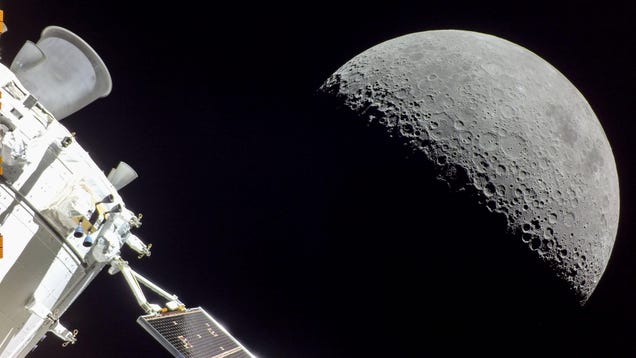
Relativity Space is poised to make history on Wednesday with the launch of Terran-1—a rocket primarily constructed from 3D-printed parts. Japan is also set for an inaugural launch, with the delayed H3 rocket now set for a do-over launch.
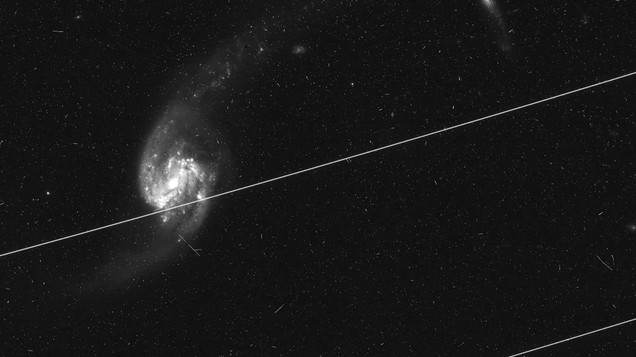
The steadily growing satellite population has been posing challenges for ground-based astronomy, but new research reveals that space-based telescopes like Hubble are also suffering.
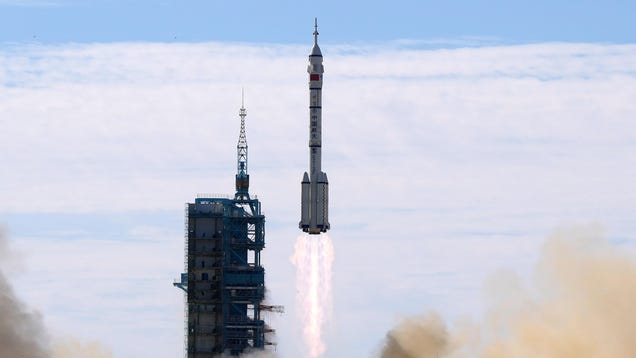
In an effort to stifle Elon Musk’s Starlink, researchers in China are planning to launch their own fleet. The proposed megaconstellation has no set launch date, but is expected to consist of 12,992 satellites equipped with technologies to conduct surveillance on Starlink, among other capabilities.
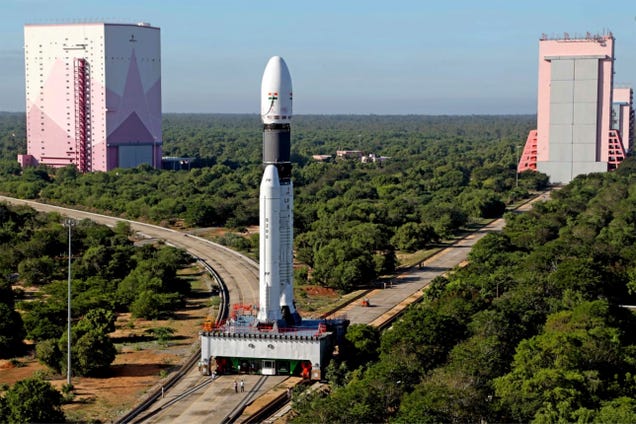
The Indian Space Research Organization successfully injected three satellites into orbit with a launch of its Small Satellite Launch Vehicle. It marked ISRO’s second attempt at launching the rocket, which ran into serious difficulties during its inaugural mission.

The Federal Communications Commission has granted approval to Amazon subsidiary Kuiper Systems to deploy its constellation of 3,236 broadband satellites. The approval comes with the caveat that Amazon must retire satellites seven years after deployment and report satellite launches to the FCC on a regular basis.